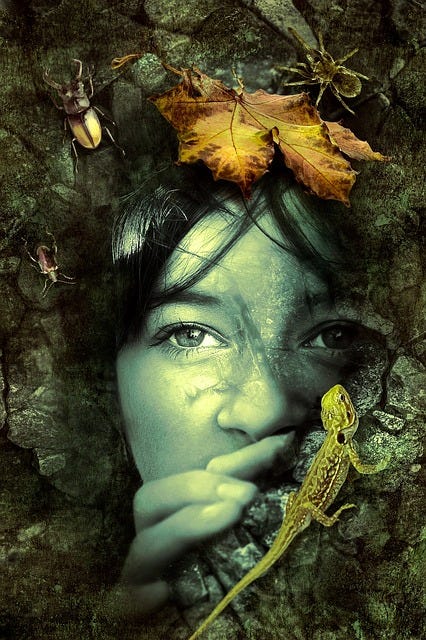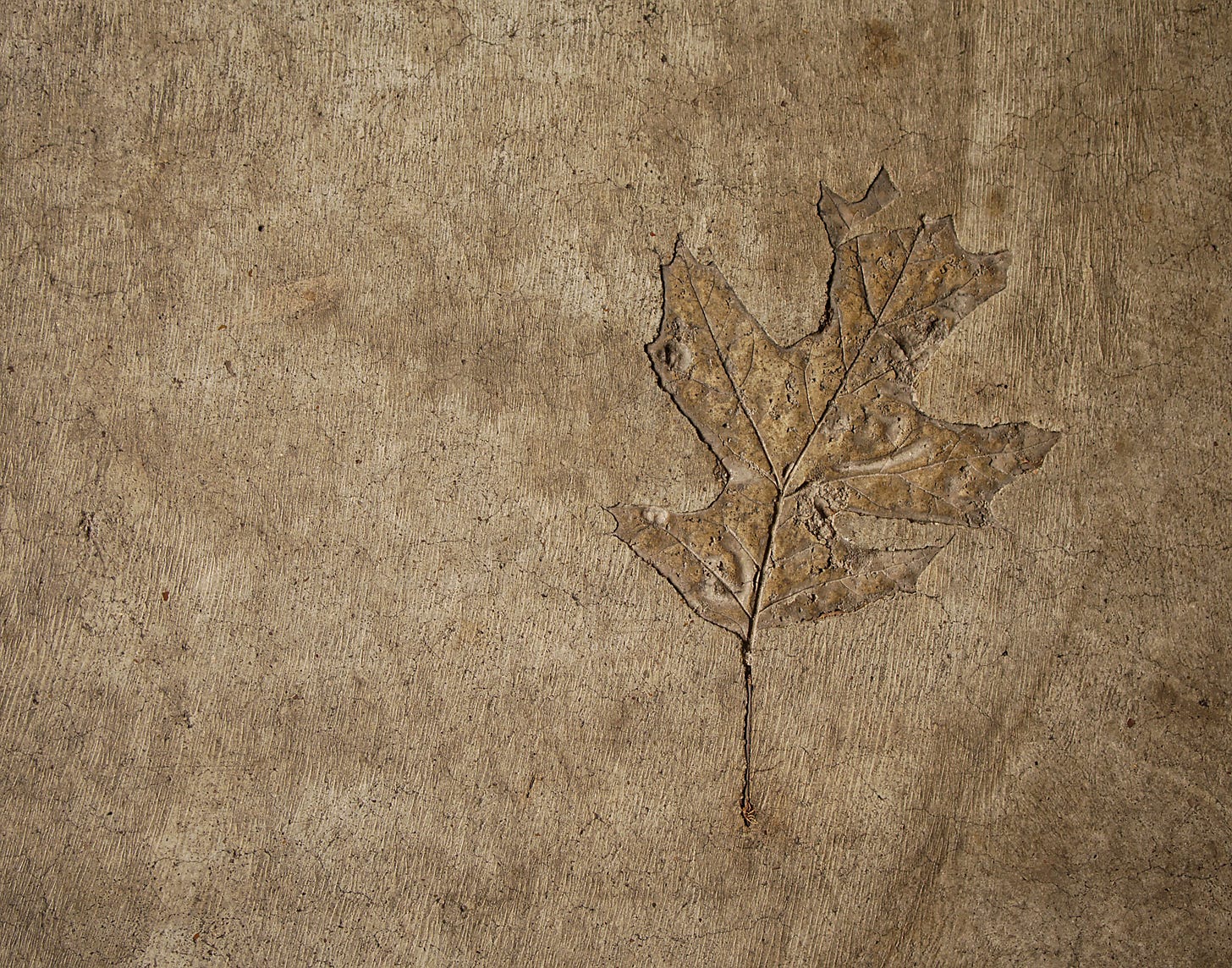Creating The Webbd Wheel: Pomp and Circumstance
When I was a young woman, I had a lot of romantic ideas about life. I was always a voracious reader. I was and am highly sensitive, with a vivid imagination. I believed every single thing I saw, heard, and read about true love, “success” and happily ever after. I eagerly anticipated a secure life full of holidays, celebrations, and milestones swathed in candles and silk.
Before I was ten years old I was disillusioned. My happy expectations had already been disappointed so often I no longer looked forward to calendar holidays, my birthday, vacations, or any other popular celebration. I still believed in Romance, but I didn’t believe it was for me. More than 40 years later, a voice in my head still whispers, “Yes, but that’s not for you. Other people get that, but not you.”
As I grew and matured, I navigated all the usual milestones. I never wanted a birthday party, or an I’m-leaving-this-job party, or any kind of party at all, come to that. I went through the motions of Valentine’s cards, birthday cards, and Christmas gifts because it was expected of me. I protected myself with an armor of cynicism, expected nothing, asked for nothing, and tried to forget whatever it was everyone else was celebrating.
I have known rapture, joy, and passion, but I’ve often experienced them alone, or with one or two loved ones, and when they come, it’s always in the guise of some simple moment in life, some unplanned, unanticipated pause in an ordinary day: knees in the garden, sitting in the sun, resting quietly with a cat or a child in my lap, luxuriating in warm water, laughing with a friend.
The Norns are akin to the three Fates, terrible in their power, goddesses in their own right. When I was a child we had a round puzzle in vivid colors of a painting of the Gods on Mount Olympus. The three Fates were there, wrapping a distaff, spinning, and cutting the thread.
Creating the characters of the Norns for The Webbd Wheel gave me enormous pleasure. In fact, “create” doesn’t seem quite right. It was more like discovering them, as though they’ve always been somewhere in the back of my imagination, just waiting for a story to inhabit. I love them because they’re real. They’re not terrible or frightening. They’re not stately. They’re three unimaginably old, wise, and powerful women who could be anyone’s granny. They’re humble. They have a sense of humor. They do their jobs, and worry, and argue a little. They scold Mirmir. The eat and sleep, cook and clean, get on with life. They know the value of simplicity.
Like Eurydice, we’re taught to believe if X happens, everything will come right, be perfect, get fixed, stop changing. But it doesn’t. Every milestone passed gives us another one to strive for. The Wheel turns. Cycles and seasons pass. Change is always with us. Ritual and ceremony don’t stop time or mean we’re done. All that sex during Beltane? You know what comes next, right? Morning sickness. Happily ever after is an illusion, and a cruel one.
The Norns. The Well of Urd. Mirmir, the “demon” who guards the well. Stories embellished and repeated until they become mythology. Eurydice believes if she can just find Yggdrasil and the Norns all will be clear. She will be healed and whole. She will know who she is and what to do next.
And yet, she does find exactly what she needs, though it’s not what she was looking for. And isn’t that how life is? You think you’ve found your soul mate, but instead you get herpes as a lifelong companion and your soul mate turns into a ghost. Life, like Baba Yaga, has a mordant sense of humor.
Eurydice learns wisdom and support are not clothed in pomp and circumstance. She doesn’t need an elaborate ritual with all the accoutrements. She only needs to be herself, to be where she is, to live her life. Simple, in the way sweeping the floor, making bread, and digging the garden are simple. Life is not about presentation and appearance, and neither are joy or love. It’s the substance that counts, the humble tasks and offerings of each day, and our real selves, unadorned.
Weaving Webs
What are our lives woven with, really? Can we imagine a tapestry woven of cars, screens, kitchen appliances, things? I can’t. Those are a logjam, a chaotic heap of stuff, each object only itself and separate from all the rest.
The Norns spin flowers, moss, lichen, roots, spider silk. They spin plants, music, and poetry. Their spinning is dynamic, complex, resilient, alive. Their fiber can be dyed and woven, with the help of weavers like Maria, into interconnected material, rich and textured. They weave spring landscapes trickling with water; mats of new grass, flowers, and herbs; rough-barked trees with unfurling green leaves and branches against a blue sky lapping around clouds like billowing sails.
The moments in which I write this are woven of grey light from a cold, cloudy sky; the taste of hot green tea with lemon in my mouth; the quiet voices of my home: radiators popping and creaking to themselves, the hot water heater buzzing in the cellar below me, the furnace and refrigerator humming; the cats, breathing in sleep, cuddled into a heavy wool blanket thrown carelessly aside when I got up to make breakfast earlier. It’s a February morning: ice, snow, sand, salt, fierce cold. Quiet. My toes are chilly in heavy socks and slippers, but the cats have stolen my blanket.
Black words on the white page on the screen, obedient to my typing, unroll. These are woven, too, appearing, disappearing, cut and pasted, edited, pruned; weaving with my thoughts, feelings, and felt experience right now, in these moments of my life.
Turning Over Stones
Questions:
What kind of seasonal celebrations do you find most meaningful?
Do you experience your life as woven from things or less tangible sensory, emotional and physical experiences?
In what unexpected ways do moments of joy come to you?
What was one of your most brutal disillusionments?
Leave a comment below!




